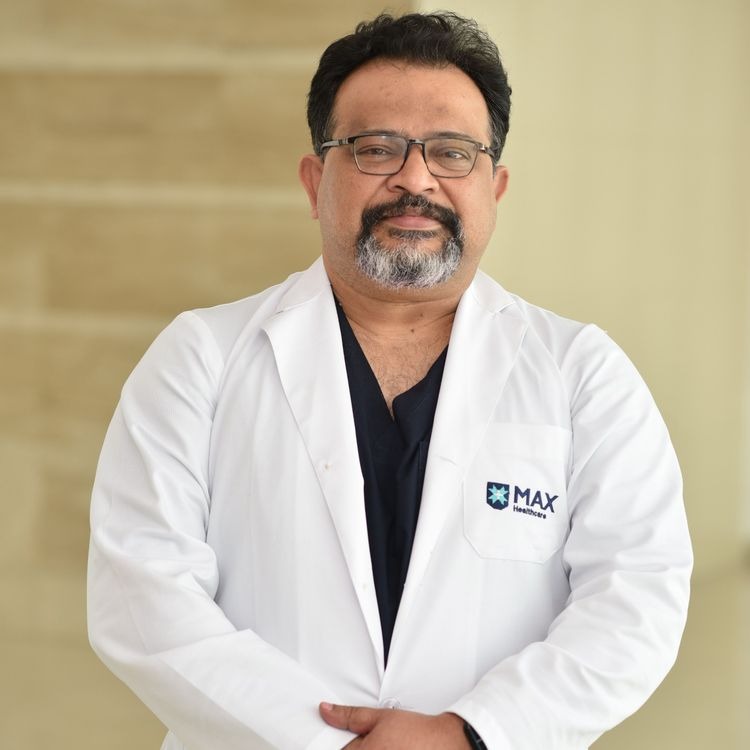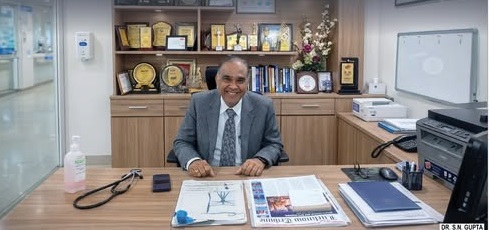By – Dr. Vijayant Devenraj
Director & HOD, Department of Cardiothoracic & Vascular Surgery (CTVS), Max Super Speciality Hospital, Lucknow
Lucknow: Heart disease treatment has entered a new era with Minimal Invasive Cardiac Surgery (MICS), a cutting-edge approach that is transforming patient care. Offering smaller incisions, quicker recovery, and less discomfort compared to traditional open-heart surgery, MICS has emerged as a boon for those requiring cardiac intervention.
A Modern Alternative to Traditional Surgery
Unlike conventional surgery that involves large chest incisions and longer recovery periods, MICS relies on small, precise cuts made between the ribs. Surgeons operate using advanced instruments and high-definition cameras, ensuring minimal disruption to surrounding tissues. This approach significantly reduces blood loss, pain, and infection risk, while improving cosmetic outcomes with smaller scars. Patients benefit from shorter hospital stays and can return to their normal routines much sooner.
Wide Applications Across Cardiac Procedures
Minimal Invasive Cardiac Surgery has found broad applications in treating various heart conditions. It is commonly used for mitral valve repair or replacement, aortic valve surgery, and coronary artery bypass grafting (CABG) to treat blocked arteries. The technique is also beneficial for congenital heart defects such as atrial septal defect (ASD) and ventricular septal defect (VSD), often referred to as “holes in the heart.” The goal of MICS is simple yet profound—to deliver effective surgical treatment while minimizing the invasiveness traditionally associated with heart surgery.

Faster Recovery and a Healthier Tomorrow
Because MICS causes less trauma to the body, patients typically require fewer medications and experience faster rehabilitation. Under proper medical supervision, most can resume physical activities within weeks. However, long-term heart health extends beyond surgery. Doctors emphasize the importance of maintaining a healthy lifestyle—quitting smoking and alcohol, getting regular health and cholesterol check-ups, staying physically active, and following a heart-healthy diet rich in fruits, vegetables, and whole grains.
A Patient-Centric Future for Cardiac Care
While MICS may not be suitable for every patient, it offers a safe and effective solution for the majority. Its benefits—reduced complications, faster recovery, and improved quality of life—make it one of the most promising developments in modern cardiac surgery. By combining precision technology with patient comfort, Minimal Invasive Cardiac Surgery marks a significant leap toward a future where heart care is less invasive and more humane.









